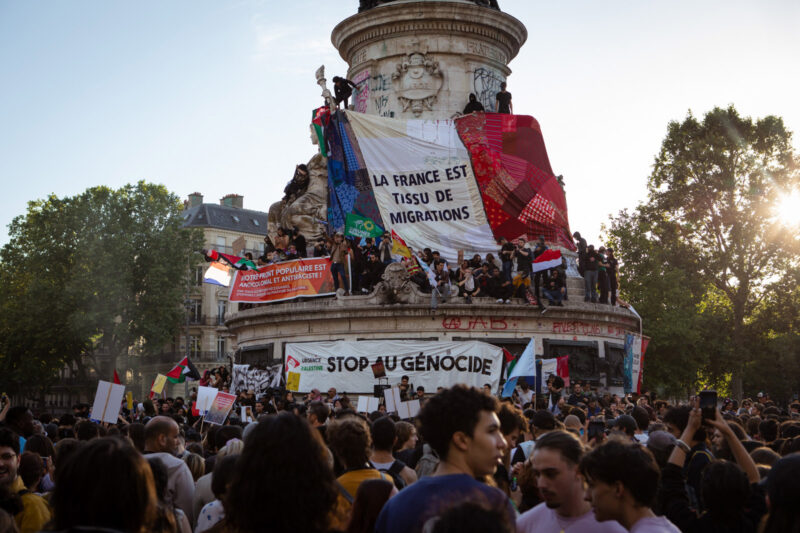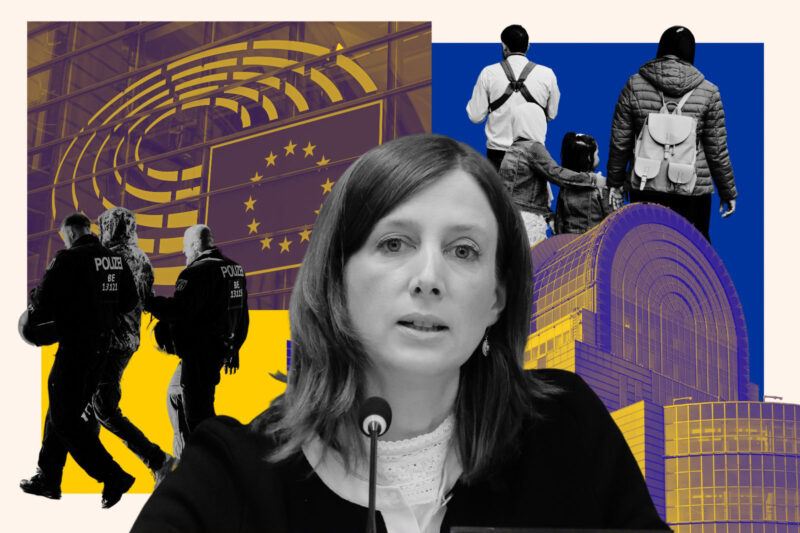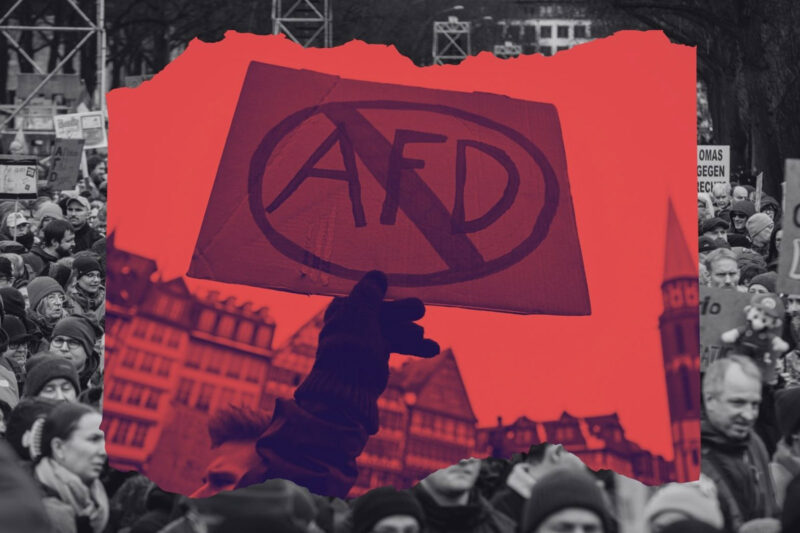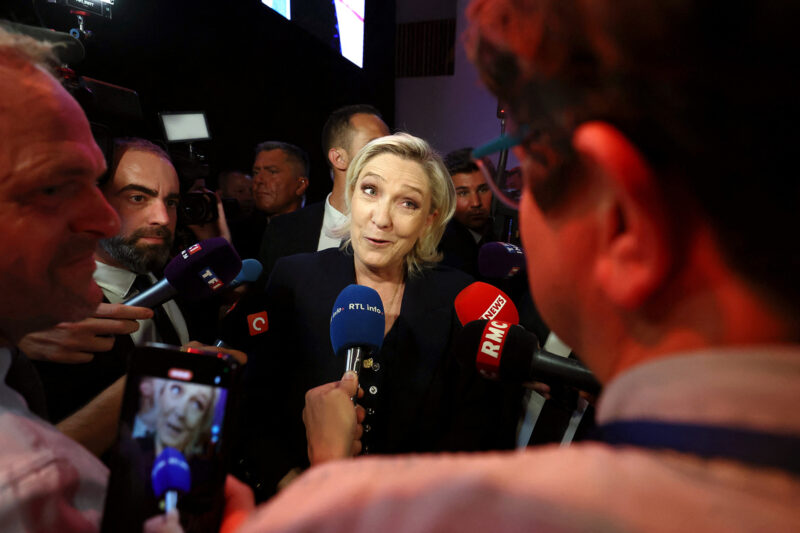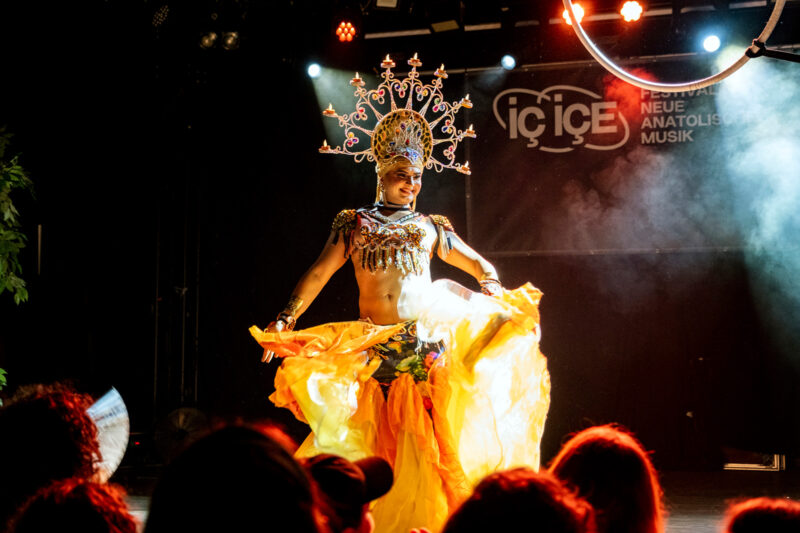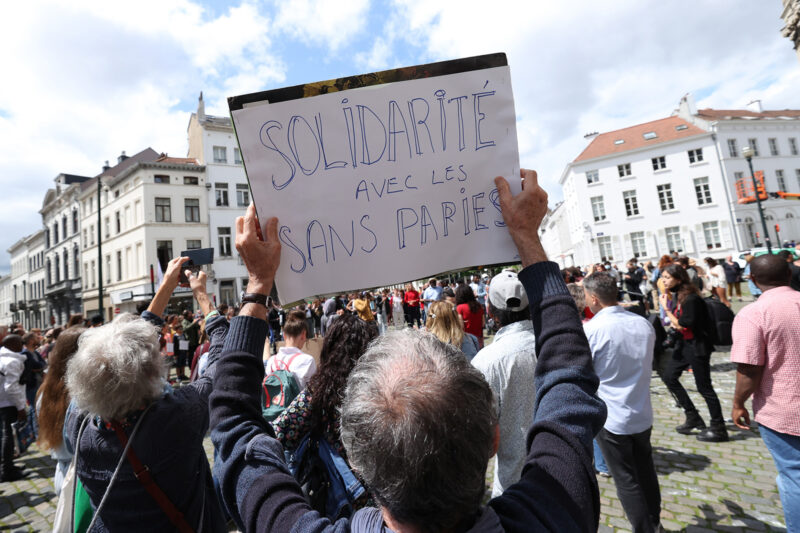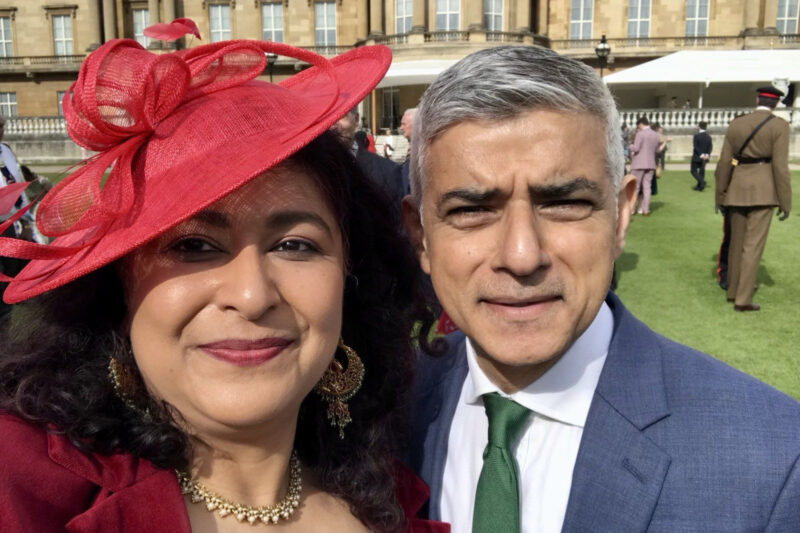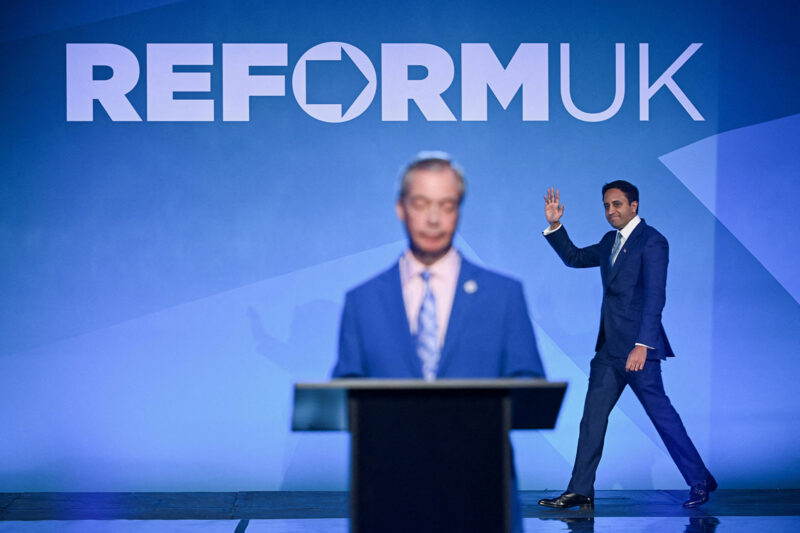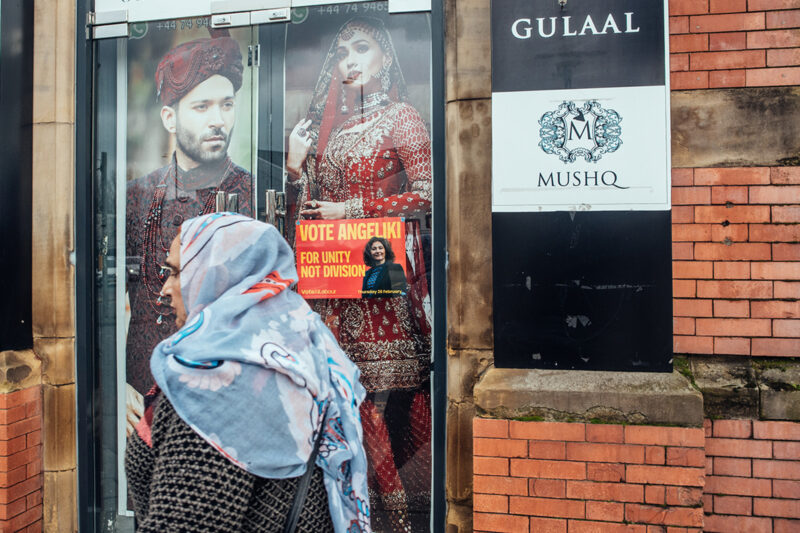France shifts to the left, but risk of policy paralysis looms
New Popular Front’s surprising election win may have thwarted the far right, but with no clear majority the future is uncertain
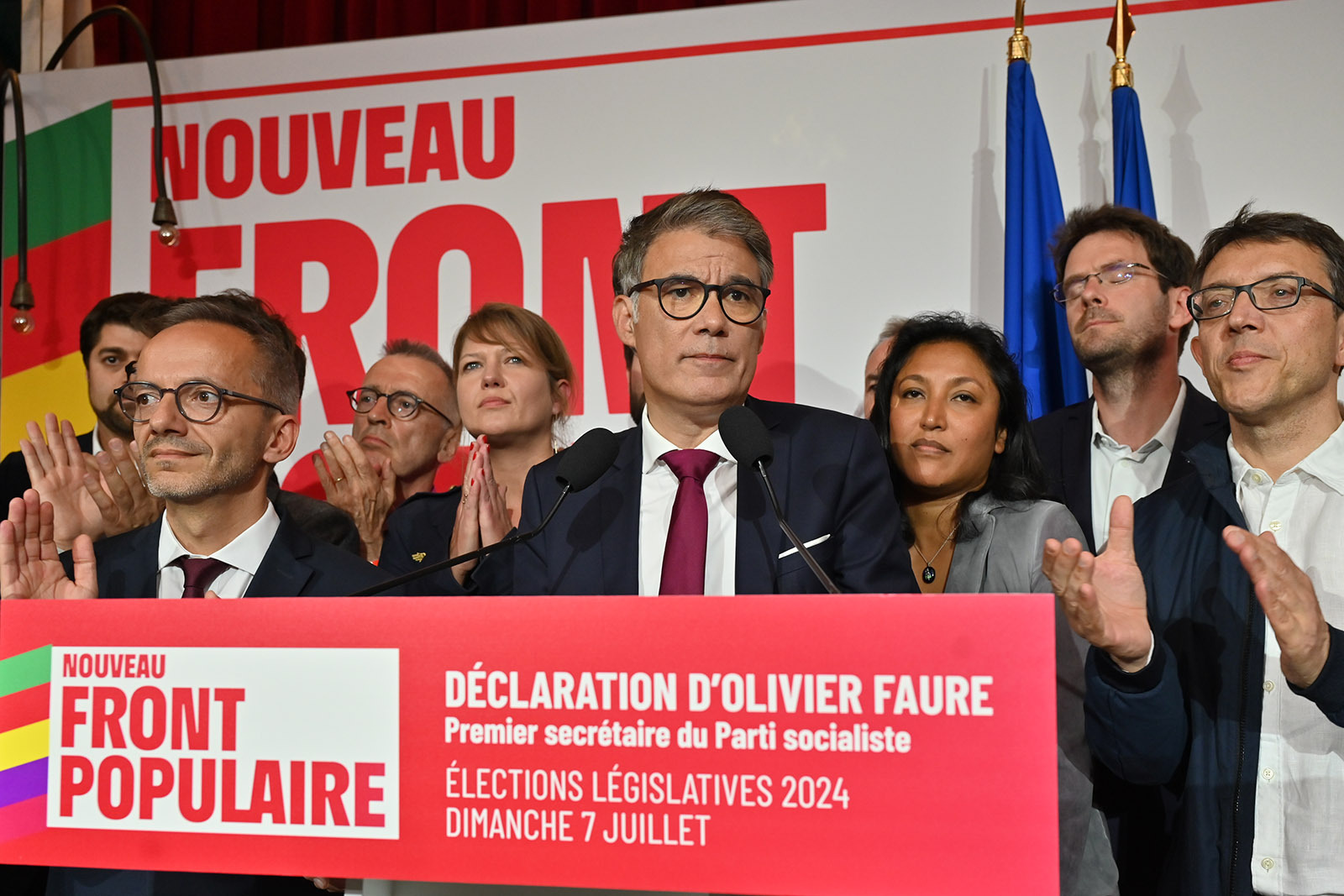
France faces a hung parliament and the prospect of taxing negotiations to form a government, after a surprise left-wing surge blocked Marine Le Pen’s quest to bring the far right to power.
The leftist New Popular Front (NFP) emerged as the dominant force in the National Assembly after Sunday’s election, but with no single group securing a working majority the possibilities include the NFP forming a minority government or the building of a broad, unwieldy coalition.
The result delivered a stinging blow to President Emmanuel Macron and leaves the euro zone’s second largest economy in limbo, heralding a period of political instability just weeks before Paris hosts the Olympic Games.
Macron ended up with a hugely fragmented parliament, in what is set to weaken France’s role in the European Union and further afield, and make it hard for anyone to push through a domestic agenda.
The NFP won 182 seats, Macron’s centrist alliance won 168 and Le Pen’s National Rally (RN) and allies 143, interior ministry data cited by Le Monde newspaper showed.
“According to the logic of our institutions, Emmanuel Macron should today officially invite the New Popular Front to nominate a prime minister,” said Green leader Marine Tondelier, one of a number of NFP figures seen as potential candidates for the post.
“Will he or won’t he? As this president is always full of surprises, we’ll see,” she said on RTL radio.
Prime Minister Gabriel Attal said he would tender his resignation, but it was not clear whether the president would accept it immediately, given the daunting task ahead to form a government. Attal said he would be willing to stay on in a caretaker role.
“I will of course do my duties as long as it’s needed — it cannot be otherwise on the eve of a date (the Olympics) that is so important for our country,” Attal said as it became clear Macron’s alliance had endured a humbling setback.
Parties from the NFP — made up of the French Communist Party, hard-left France Unbowed, the Greens and the Socialist Party — met overnight for first talks on how to proceed.
France Unbowed’s firebrand leader Jean-Luc Mélenchon said the new prime minister should hail from NFP. However, the bloc has no leader, and its parties are strongly divided over who they could select as a suitable premier.
Some prominent centrist figures, including Edouard Philippe, a former prime minister under Macron, said they were ready to work on a pact to ensure a stable government, but were not prepared to work with Mélenchon’s France Unbowed — a force seen by many French centrists as just as extremist as the RN.
Yael Braun-Pivet, a lawmaker from Macron’s party who was the National Assembly leader before the election, said French political culture would have to evolve, becoming less antagonistic and more cooperative across party lines.
“The message I’m hearing from the voters is ‘no one has an absolute majority, so you have to work together to find solutions to our problems’,” she said on France 2 television.
The euro fell on Sunday after the vote projections were announced.
“There’s really going to be a vacuum when it comes to France’s legislative ability,” said Simon Harvey, head of FX analysis at Monex Europe in London.
For Le Pen’s RN, the result was a far cry from weeks during which opinion polls consistently projected it would win comfortably.
The left and centrist alliances cooperated after the first round of voting last week by pulling scores of candidates from three-way races to build a unified anti-RN vote.
In his first reaction, RN leader Jordan Bardella, Le Pen’s protege, called the cooperation between anti-RN forces a “disgraceful alliance” that he said would paralyze France.
Le Pen, who will likely be the party’s candidate for the 2027 presidential election, said however that Sunday’s ballot, in which the RN made major gains compared with previous elections, had sown the seeds for the future.
“Our victory has been merely delayed,” she said.
As darkness fell on Sunday, the statue of Marianne in Place de la Republique was lit up by fireworks amid celebrations by left-wing supporters. Marianne is a national symbol of France, representing reason, liberty and the ideals of the republic.
Baptiste Fourastié, a 23-year-old designer in Place de la Republique, said: “We weren’t expecting it, neither were the polls. We are happy that the French people succeeded once more in blocking the far right.”
However he was worried that the right may grow in strength and win next time if the next government is not beyond reproach.
“It will be difficult with a hung parliament, but better than if it was the far right (ahead),” Fourastié said.
 Newsletter
Newsletter

